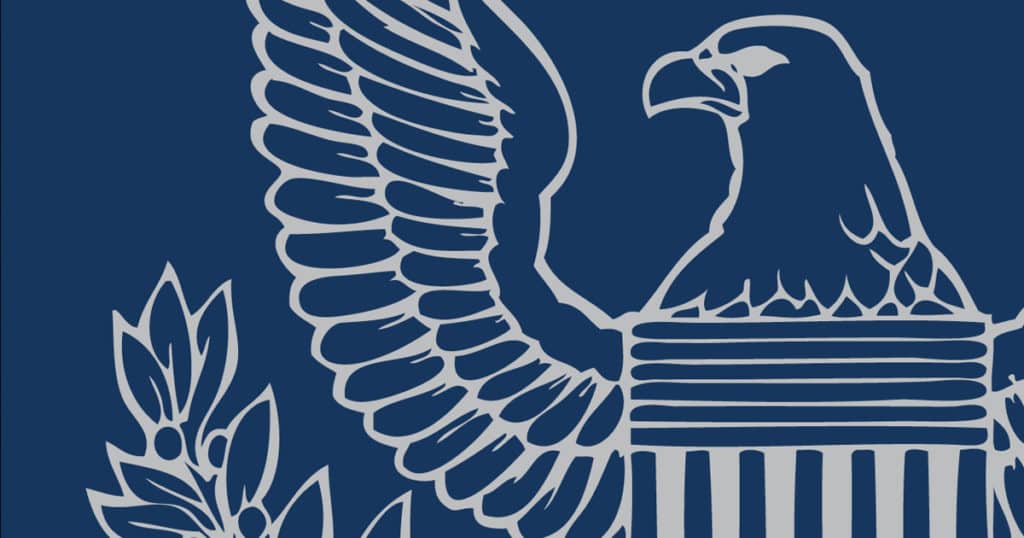It may be the end of the year for the rest of the world, but the fiscal year ended in October. As we wait for the Department of Justice to crunch its numbers for the year end report on False Claims Act collections, we look back on this year’s reports from other federal programs.
The Inspector General (IG) of the Intelligence Community, Michael K. Atkinson, called whistleblowers the agency’s “first responders” in his semi-annual report to Congress. In April, the office issued a report entitled “Whistleblowing Works.”
The Commodity Futures Trading Commission awarded more than $75 million in FY 2019 to five whistleblowers “who voluntarily provided original information or analyses that led to successful enforcement actions.” This total includes the program’s largest-ever award of approximately $30 million.
The Securities and Exchange Commission reported that it awarded approximately $60 million in awards to eight people “whose information and cooperation assisted the Commission in bringing successful enforcement actions.” This included a $37 million award to a whistleblower who supplied information that led to a settlement against JPMorgan Chase & Co. over claims the company was not transparent with investors about conflicts of interest.
The most recent report from the IRS came out in February and reported that whistleblowers helped the agency collect more than $1.4 billion in criminal fines, and civil forfeitures in fiscal year 2018. Since 2007, the program has made more than $800 million in whistleblower awards based on the collection of $5 billion.
The Department of Health and Human Services didn’t break out the role of whistleblowers, but its IG released not just a report, but a video entitled “Eye on Oversight.” The short video included clips of federal raids involving Medicare and Medicare fraud. In May, the agency reported that it had collected $2.3 billion in fines and repayment in 2018. Of that, $322 was paid in rewards to whistleblowers. See more HHS IOG videos here.
